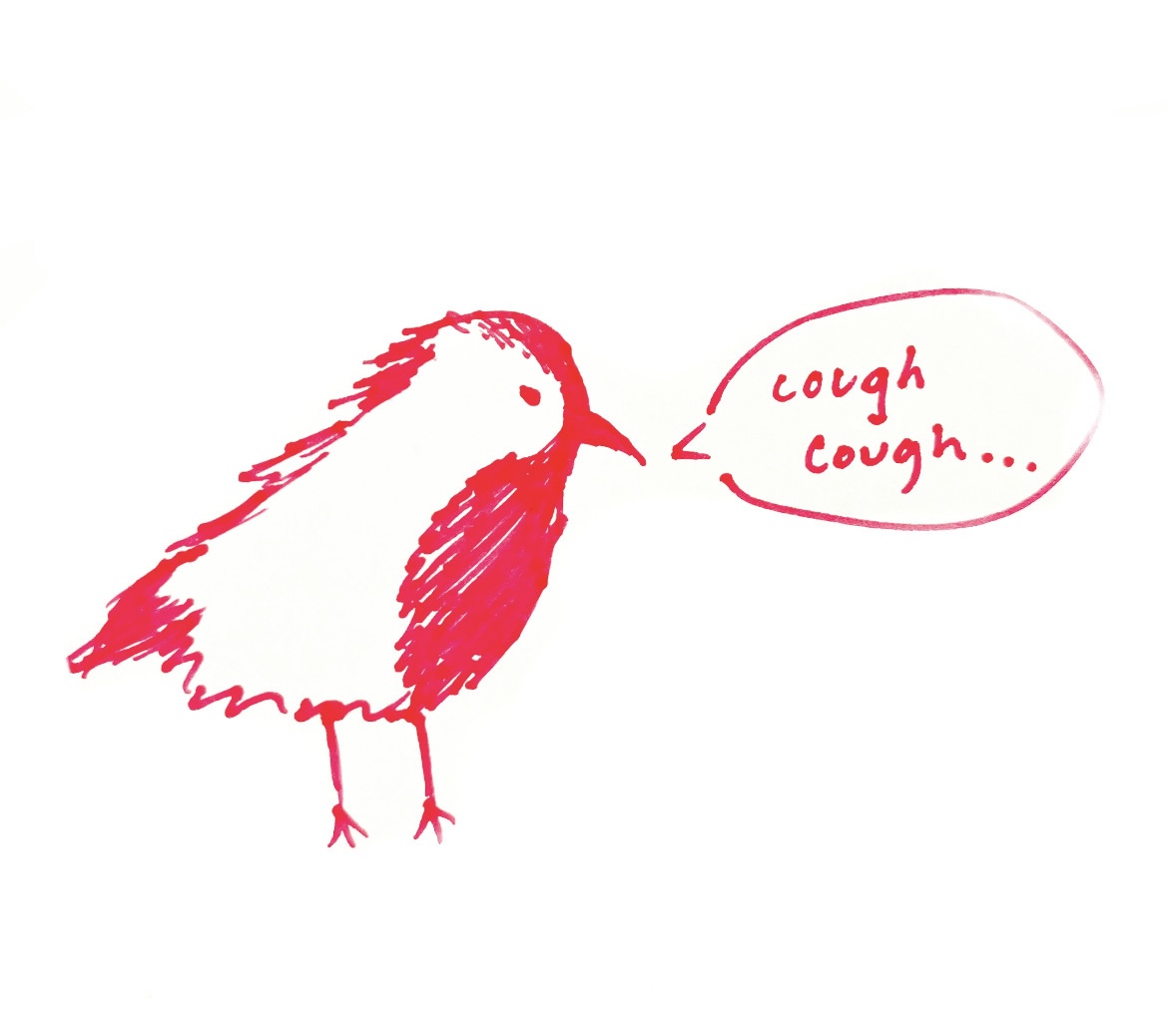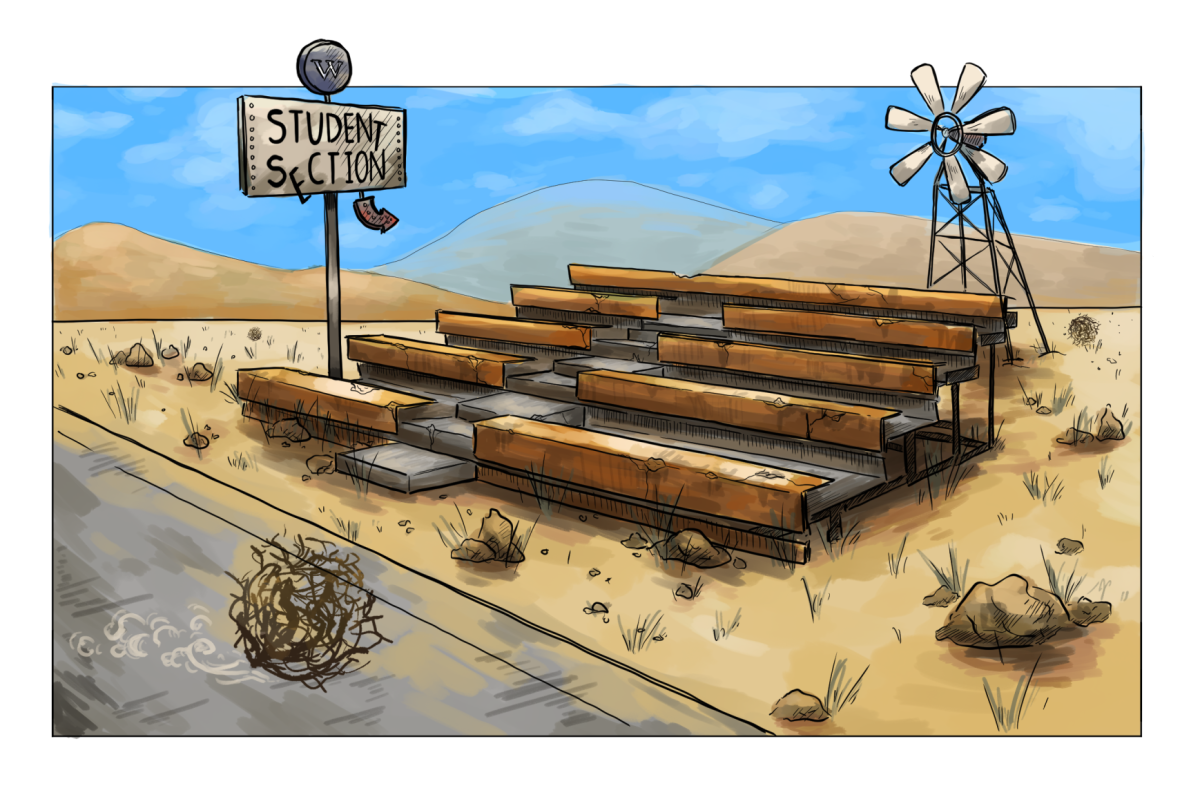Inspired by the recent undergraduate conference, several Whitties have already started working on projects for next year. The Backpage has managed to get copies of a few of the abstracts from these projects. It’s looking like 2012 is going to be a good year to PARTICIPATE in the undergraduate conference!
‘Yesterday Was Thursday, Today is Friday’: Rebecca Black and the Postmodernist Melancholia of Fading Narratives — In lyrics such as, “Seein’ everything, the time is goin’ / Tickin’ on and on, everybody’s rushin’ / Gotta get down to the bus stop,” singer-songwriter-artist-icon Rebecca Black ruminates on the meaninglessness of everyday life and the mindless hedonism of ritualistic weekend partying. In my presentation, I will also ruminate on the meaninglessness of everyday life and the mindless hedonism of ritualistic weekend partying. Using Albert Camus’ The Myth of Sisyphus, I analyze “Friday” not as a teenage party anthem, but rather as a Sisyphean struggle against the interminable onslaught of days.
(Re)-Envisioning the Gays — As humans, we are seeing subjects. There is no escaping the gays — unless of course one is blind. The gays condition one’s sense of identity, one’s autonomy, and one’s relationships with other subject-beings. Our society functions by several intersecting gays: panoptic, dialectic, scopophilic, phallic, hegemonic, narcissistic, Lacanic, myopic, and discoursic. I will argue for a re-envisioning of these gays through a re-reading of such films as “Hedwig and the Angry Inch”, Truffaut’s “The 400 Blows” and David Yates’s masterpiece “Harry Potter and the Half-Blood Prince”. The gays will never go away. Through them, however, we will better understand our own human natures.
Let’s Get It On: Sociological Survey of How Many Whitties Were Conceived to Al Green, Marvin Gaye, or Barry White (“The Big Three”) — What is the influence of music upon sexuality? What is the influence of a deep and dark booming bass sound accompanying love-making and its counterpart conception? Sociology seeks to explain some of the most complex rituals of society, leading us to question the very nature of why we need sweet melodies to make sweet nasty. Our survey uses a functionalist-structuralist perspective to unlock the nuances of why these artists are institutionally-recognized as agents of reproduction. Taking our cue from Barry White, we’ll go “deeper and deeper.”




